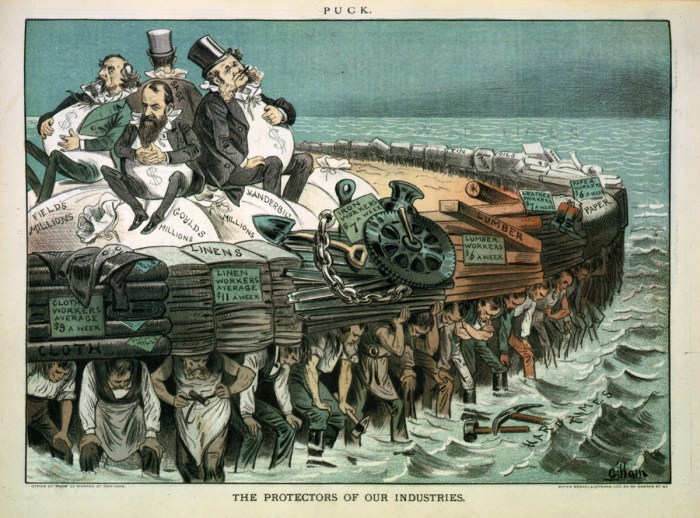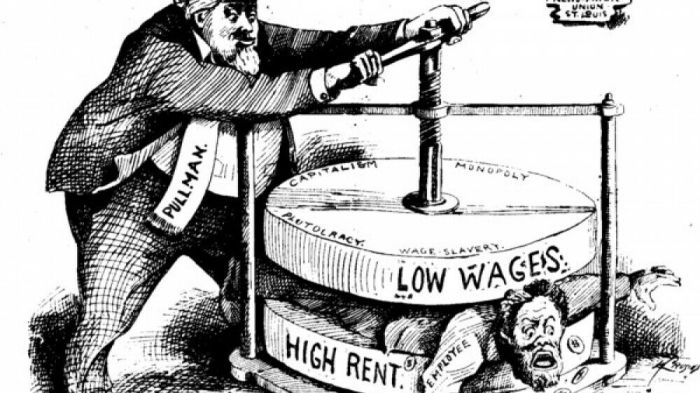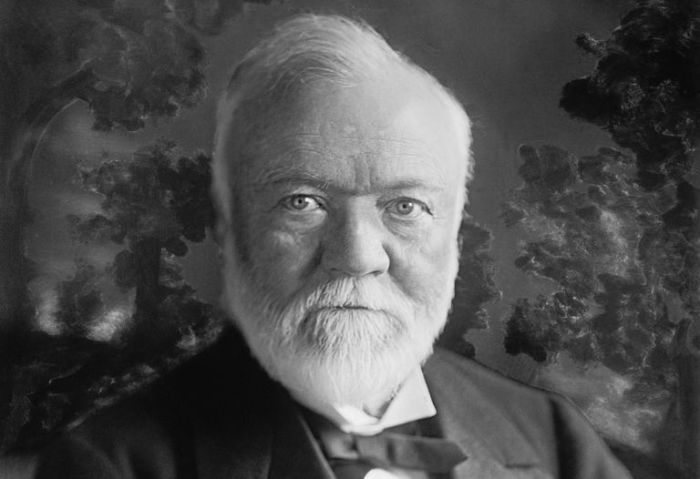Why was carnegie a robber baron – Carnegie’s status as a “robber baron” remains a subject of historical debate, with his business practices and philanthropic endeavors serving as key factors in this characterization. This essay delves into the intricacies of Carnegie’s economic strategies, labor relations, philanthropy, and the historical context of the Gilded Age to provide a nuanced understanding of why he earned this label.
Economic Practices and Policies: Why Was Carnegie A Robber Baron

Carnegie’s business tactics and practices, such as horizontal and vertical integration, predatory pricing, and control of transportation and raw materials, led to accusations of unfair competition.
Carnegie’s dominance in the steel industry gave him significant control over the market, allowing him to set prices and squeeze out competitors.
Vertical integration allowed Carnegie to control all aspects of steel production, from mining raw materials to manufacturing and distributing finished products, giving him a competitive advantage.
Labor Relations and Exploitation, Why was carnegie a robber baron
Working conditions in Carnegie’s factories were harsh, with long hours, low wages, and dangerous working environments.
Carnegie actively suppressed labor unions and strikes, using tactics such as blacklisting and hiring strikebreakers.
Carnegie’s labor practices contributed to social unrest and tensions, particularly during the Homestead Strike of 1892.
Philanthropy and Public Perception
Carnegie’s philanthropic endeavors were extensive, including the establishment of libraries, universities, and research institutions.
Carnegie’s philanthropy was motivated by a desire to give back to society and improve the lives of others.
The public’s perception of Carnegie’s philanthropy was mixed, with some praising his generosity while others criticized it as a way to offset his business practices.
Historical Context and Comparative Analysis
The Gilded Age was a period of rapid economic growth and industrialization, which led to the rise of wealthy industrialists like Carnegie.
Carnegie’s practices were not unique to the era, as other industrialists also engaged in similar tactics.
However, the scale and impact of Carnegie’s actions set him apart from his contemporaries.
Legacy and Impact
Carnegie’s business practices had long-term consequences for the American economy and society.
His philanthropy has had a lasting impact on various institutions and fields, particularly in education and research.
The debate surrounding Carnegie’s legacy continues, with some arguing that his business practices were unethical while others emphasize his philanthropic contributions.
FAQ
Did Carnegie’s philanthropic endeavors redeem his reputation as a robber baron?
Carnegie’s philanthropy, while extensive, did not fully erase the negative perceptions surrounding his business practices. Critics argued that his donations were a form of damage control, an attempt to mitigate the consequences of his exploitative labor policies.
To what extent was Carnegie’s behavior influenced by the norms of the Gilded Age?
The Gilded Age was characterized by intense competition and a lack of government regulation, which allowed industrialists like Carnegie to amass vast wealth and power. However, Carnegie’s tactics were particularly ruthless, even within the context of the era.
How did Carnegie’s labor practices contribute to social unrest?
Carnegie’s suppression of labor unions and his refusal to negotiate with striking workers led to widespread resentment and social unrest. The Homestead Strike of 1892, in particular, became a symbol of the brutality of Carnegie’s labor policies.


